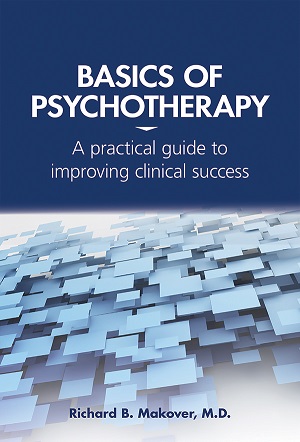Sections
Excerpt
In the last chapter, I reviewed the healing forces that provide a foundation for any individual psychotherapy. In this chapter, I discuss the mechanism through which those forces are brought to bear. A fish in the water does not feel wet: although the water provides buoyancy, oxygen, support, and shelter, it is simply the medium in which the fish moves. In the same way, the psychotherapy participants may be unaware of the therapeutic milieu in which they operate, the interpersonal and environmental factors that support the healing process. Yet these factors are crucial to psychotherapeutic success. They are subsumed under the general heading of the psychotherapy relationship, but it is useful to examine its component elements. To be successful, you must pay as much attention to the milieu as you do to your specific therapeutic modality.
Access content
To read the fulltext, please use one of the options below to sign in or purchase access.- Personal login
- Institutional Login
- Sign in via OpenAthens
- Register for access
-
Please login/register if you wish to pair your device and check access availability.
Not a subscriber?
PsychiatryOnline subscription options offer access to the DSM-5 library, books, journals, CME, and patient resources. This all-in-one virtual library provides psychiatrists and mental health professionals with key resources for diagnosis, treatment, research, and professional development.
Need more help? PsychiatryOnline Customer Service may be reached by emailing [email protected] or by calling 800-368-5777 (in the U.S.) or 703-907-7322 (outside the U.S.).



